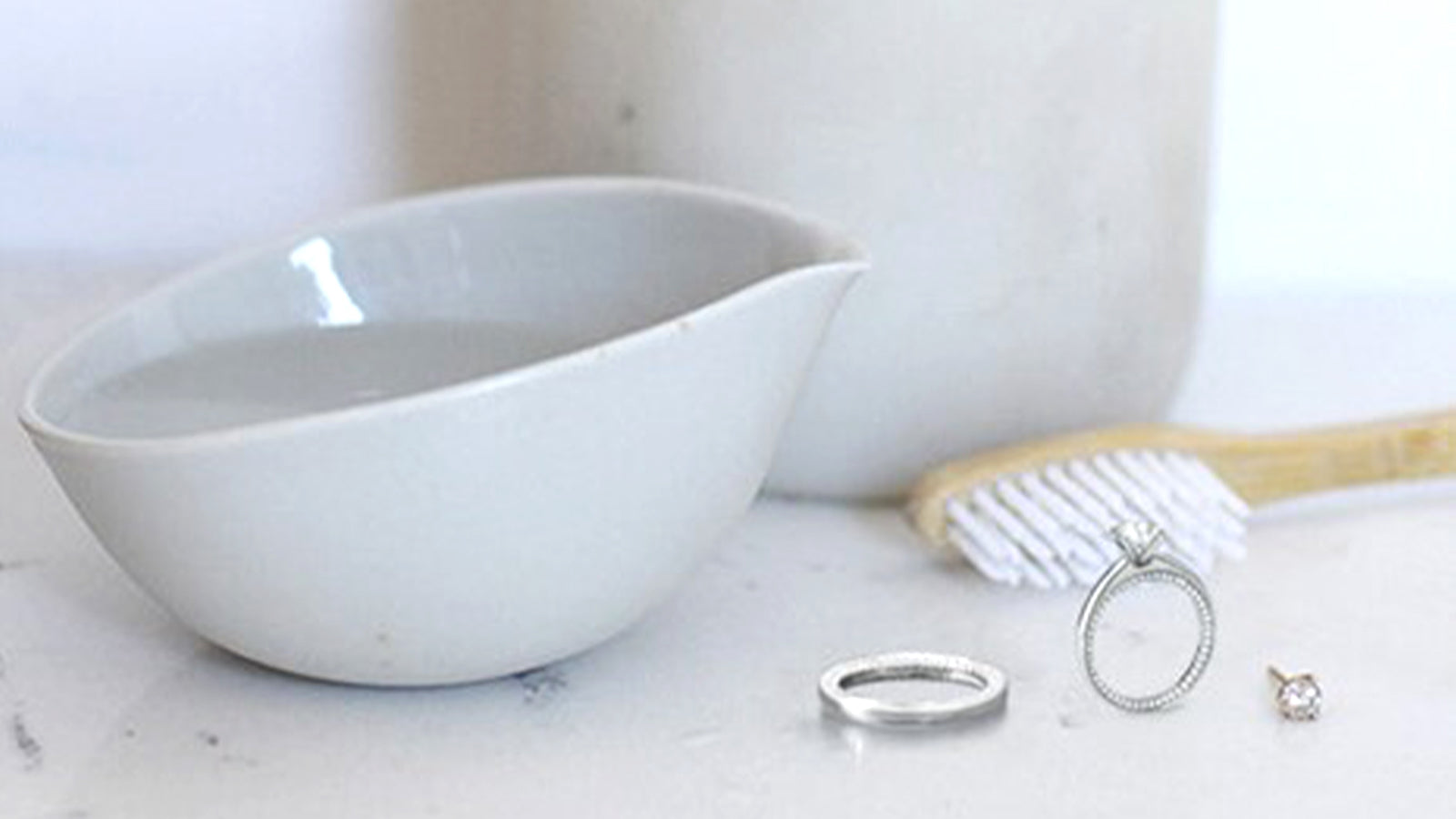
HOW TO CLEAN AND CARE FOR YOUR DIAMOND RINGS AND FINE JEWELLERY
Each Shimansky diamond is the perfect balance of fire, brilliance and scintillation. Over time, however, it will pick up oil from your skin and dirt, compromising its beautiful showroom lustre.
To keep your diamond rings and fine jewellery looking as bright as the day you got them, it’s recommended to have them cleaned by a jeweller regularly. But there are times in between professional cleanings that you may need to clean your jewellery yourself. If you do clean diamond jewellery at home it’s important to take special care of your one-of-a-kind diamond.
This article explains how to clean jewellery at home safely. You will discover the best way to clean a diamond ring, how to clean diamond earrings and what to use to clean jewellery to restore their original shine. This way your diamonds will always have that just-bought showroom sparkle.
DIAMOND CLEANING MYTHS
Before going into the details on how to clean diamond jewellery and what to clean jewellery with, let’s start by debunking some myths around this topic.
MYTH: HOUSEHOLD CLEANING MATERIALS
When it comes to household items to clean jewellery, there are many products that can cause irreparable damage. Some of these include chlorine bleach, acetone and abrasive materials. Harsh chemicals like chlorine have the ability to break down some of the base metals used in alloy gold, which could cause discolouration.
Abrasives, on the other hand, could leave tiny scratches on the surface of a softer metal like gold. Therefore, you should never clean jewellery with baking soda or powdered cleaners.
MYTH: TOOTHPASTE
A common myth is that toothpaste is a good way to clean your jewellery. This is actually not true. Toothpaste can damage jewellery. Metals and gemstones used in jewellery have a certain hardness rating that represents their ability to withstand scratches. 18K yellow gold, for example, has a hardness of 2.75 Mohs, while toothpaste has a hardness of around 3/4 Mohs. Therefore toothpaste can actually scratch and damage your gold jewellery.
Another reason to avoid toothpaste in cleaning your jewellery is that you may also have difficulty removing it in hard-to-reach places underneath gemstones; and when it hardens, it becomes extremely hard to remove.
MYTH: ACIDS AND ALCOHOL
Contrary to what many people believe, acids like lemon juice should be avoided in cleaning jewellery. Acids are too harsh and can corrode metals and damage porous gemstones like pearl, opal, emerald, turquoise, amber, coral and onyx. And while denatured alcohol (also called methylated spirits) can be used to clean an oily build-up on diamonds, it should not be used on pearls, opals or emeralds.
MYTH: ULTRASONIC JEWELLERY CLEANING MACHINES
You may wonder: “what do jewellers use to clean diamond rings?” Many jewellers use ultrasonic jewellery cleaning machines that work with high-frequency sound waves. These sound waves send intense vibrations through a heated cleaning solution, which loosens encrusted dirt, producing a sparkling result. Although this method is very effective under an expert’s eye, it’s not advisable to use at home. Without the skilful eye of a professional diamond specialist who can check the integrity of the setting, ultrasonic jewellery cleaning machines may loosen or even dislodge diamonds in delicate settings like pavé settings or antique jewellery.
MYTH: BOILING WATER
Since ultrasonic jewellery cleaners use hot water, some people think that using boiling water to clean jewellery with is a good idea. This is false. The cleaning solution’s temperature in an ultrasonic jewellery cleaner is regulated and will never reach the boiling point of 100 degrees Celsius.
Hot boiling water can cause damage to certain gemstones like tanzanite, emeralds, peridot and tourmaline. Placing gemstones into boiling water and rinsing them with cold water can cause thermal shock, which can result in fractures or cleavages. Extreme heat can also affect the metal, causing it to expand and resulting in loose gemstones dislodging from their settings.
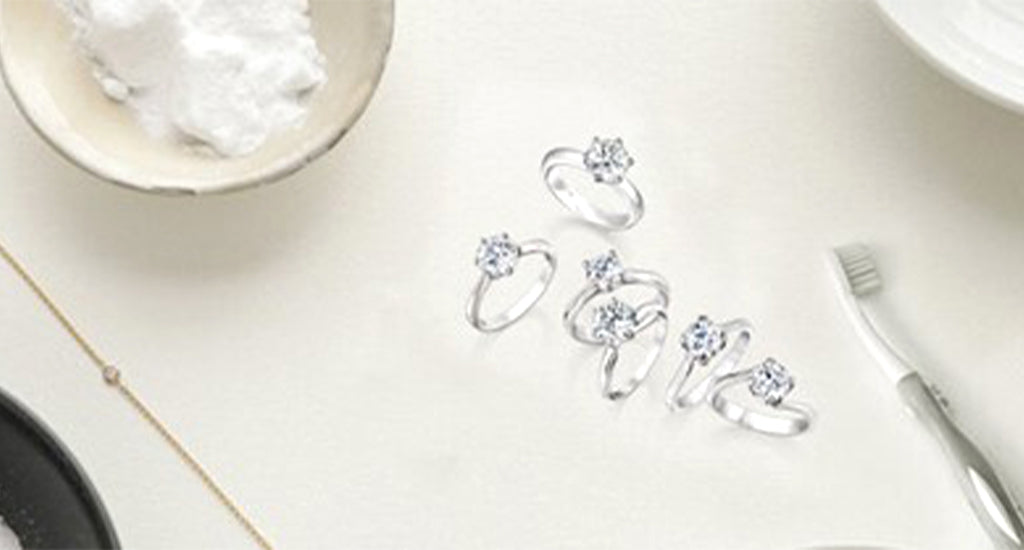
HOW TO CLEAN A DIAMOND RING
It may not always be possible to take your diamond jewellery to a jeweller to be cleaned professionally, in which case knowing how to clean your diamond ring at home might come in handy. If your jewellery has been dulled by common cosmetics like lotion, makeup or hairspray, for example, a simple at-home cleaning will do wonders to restore its sparkle. Cleaning your diamond jewellery at home does not necessarily require special jewellery cleaner. The easiest and best way to clean jewellery yourself involves only a few basic household items:
- A mild dish detergent (preferably one with natural ingredients)
- A little warm (almost hot) water
- A new child’s toothbrush with very soft bristles
- A soft, clean microfiber cloth
Here is how to clean jewellery without jewellery cleaner – the correct way: Fill a bowl with warm water, add a few drops of gentle dish soap into the bowl and swish it around a bit. Soak your ring in the water for about 20 to 40 minutes, it will penetrate the dirt and allow it to loosen. Then gently brush the stone with the toothbrush, carefully pushing the bristles into the hard-to-reach crevices then rinse under warm running water. Pat the ring dry with the microfiber cloth or lay it down on a paper towel and allow it to dry. Cleaning white gold diamond rings, you should be extra careful, as excessive brushing on the metal might damage the Rhodium coating.
When you clean a diamond ring at home you may also use a natural body wash, as long as it does not contain a moisturising agent, as this will leave an oily film on the piece. Finally, remember to put in the sink’s plug. The last thing you want is to watch your diamond jewellery plummeting down the drain.
When it comes to cleaning a diamond ring at home, the best advice is to do it regularly. Not only will regular cleaning keep your ring sparkling, but it will also shorten the cleaning process in the long run.
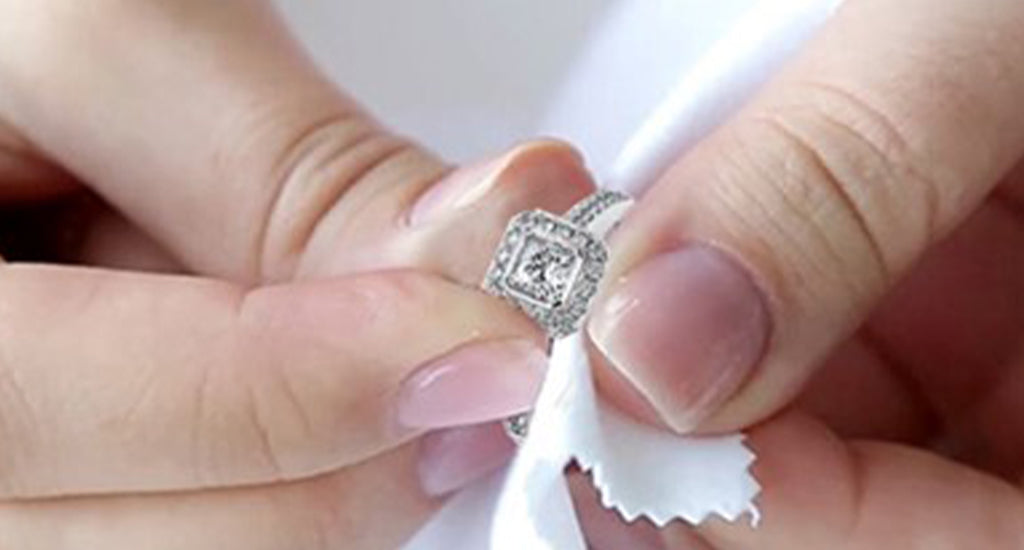
HOW TO CLEAN DIAMOND EARRINGS
There are few things more mesmerising than watching your diamond earrings dazzle and dance in the light after they’ve been cleaned. Cleaning diamond earrings is similar to cleaning diamond rings. Earrings, however, need to be cleaned more often, especially if you wear them every day. An ear piercing is highly sensitive and dirt and grime can be easily trapped in there, which could cause infections. Due to their location, earrings are also more exposed to cosmetics, hair products and sweat, which may require more than just a regular soap and water solution to get them hygienically clean and sparkling again.
There are many so-called expert tips and theories on how to clean diamond earrings. However, when undertaking this delicate task, it’s important to use the right products. To get your diamond earrings dazzlingly clean, you may use a mild solution of six parts water to one part ammonia with a soft bristle brush. Rinse them under warm water then gently dry the earrings with a lint-free cloth, taking special care not to get the fibres caught in the fine metal claws.
An alternative is to buy a cleaning kit with a solution specifically designed for cleaning earrings. Be sure to read the instructions on the pack to ensure that the solution is safe for diamond jewellery.
PROTECTING YOUR DIAMOND JEWELLERY
Caring for your diamond jewellery every day is just as important as cleaning it regularly and correctly. There are many day-to-day activities that could dull your jewellery’s lustre or even damage it. To keep your fine jewellery looking their best for years to come, consider the following diamond jewellery care tips:
- Put your jewellery on after you style your hair and put on makeup. Contact with skin lotions and powders can leave a residue on diamond jewellery that has a dulling effect on its shine.
- Don’t make a habit out of showering with your diamond ring and earrings. Hard water and soap scum often leave effects on diamond jewellery that are hard to remove, while shampoo and conditioner might contain harmful chemicals that could have a damaging effect on the metal over time.
- Always wear protective rubber gloves or take off your diamond ring when working with strong household chemicals. Bleach or chlorine could disintegrate the alloys in the jewellery over time.
- Take off your ring when doing hard work, like home repairs, gardening or moving furniture. A hard knock on a diamond ring could compromise the setting, scratch the metal or even chip the diamond.
- Try to avoid touching the diamond. Touching a diamond will pass oil from your fingers to the diamond, which can dull its lustre.
- Take off diamonds before swimming. Aside from the chlorine not being particularly good for diamonds, it's easy to lose a diamond in a pool as your skin shrinks. Your ring may slip off, or an earring could fall out.
- Diamond jewellery should be checked and cleaned by a professional jeweller twice a year. The jeweller will look at the prongs and mountings to make sure they are secure. If the setting is damaged, it can be repaired before the diamond falls out and gets lost.
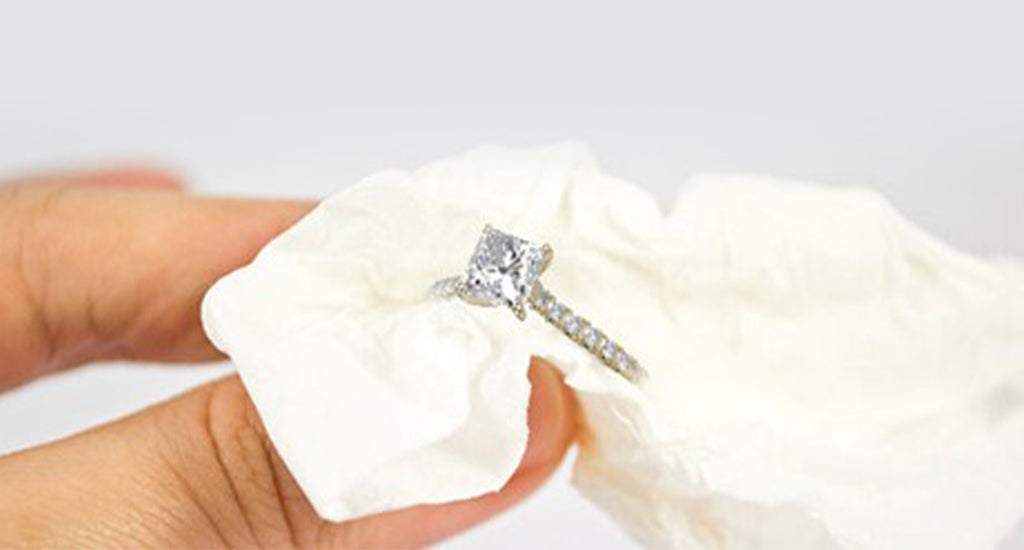
Do you have a Shimansky piece that needs cleaning? Bring your jewellery creation to us at any given time for complimentary refreshing at a Shimansky showroom near you.
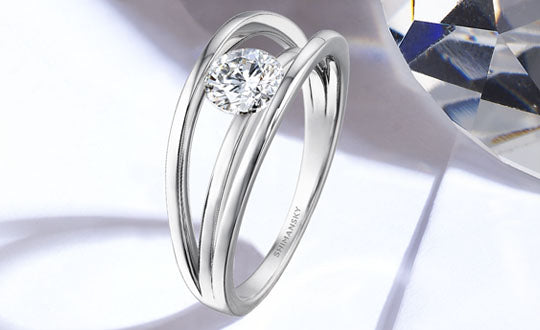
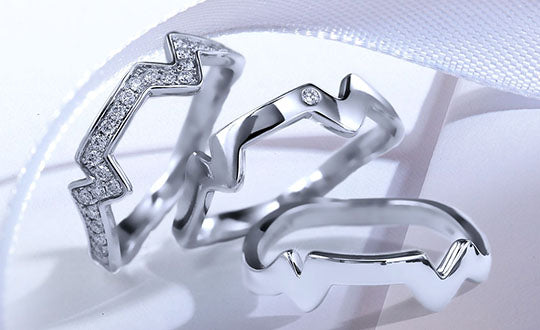
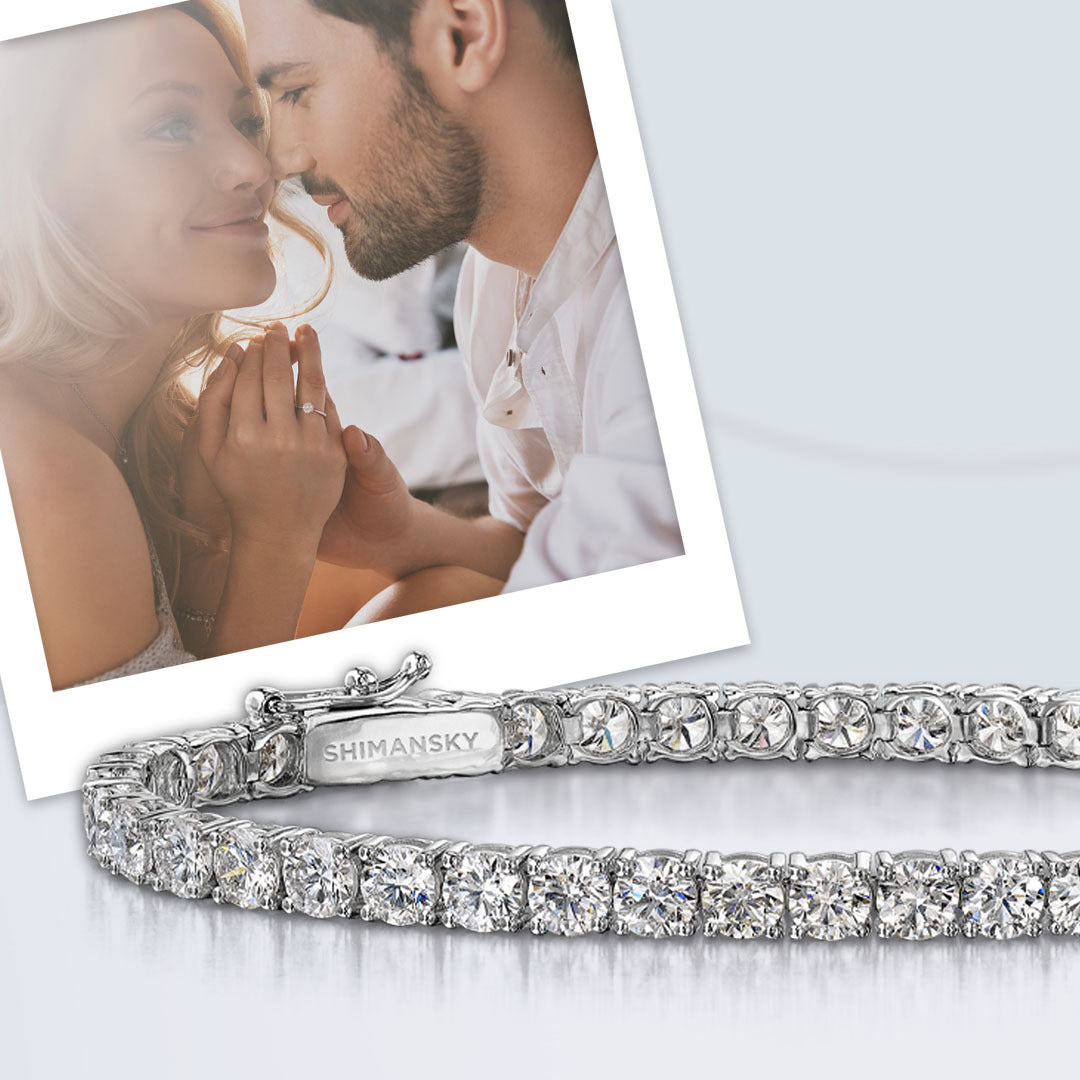
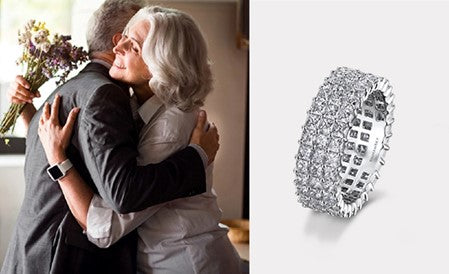
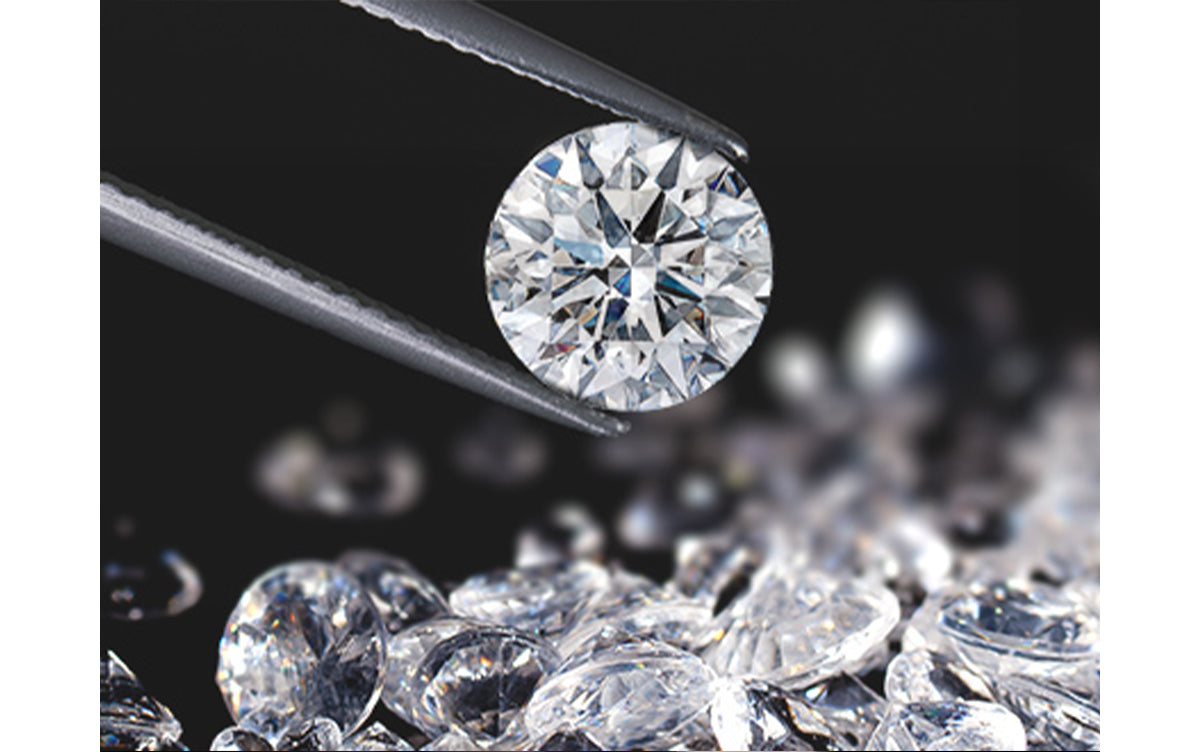
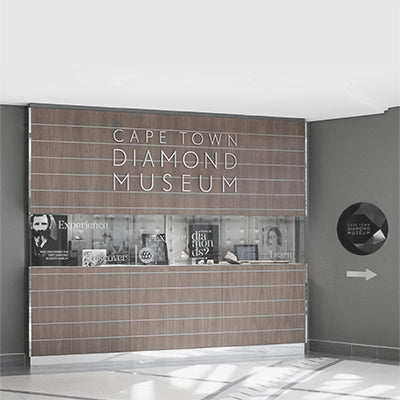
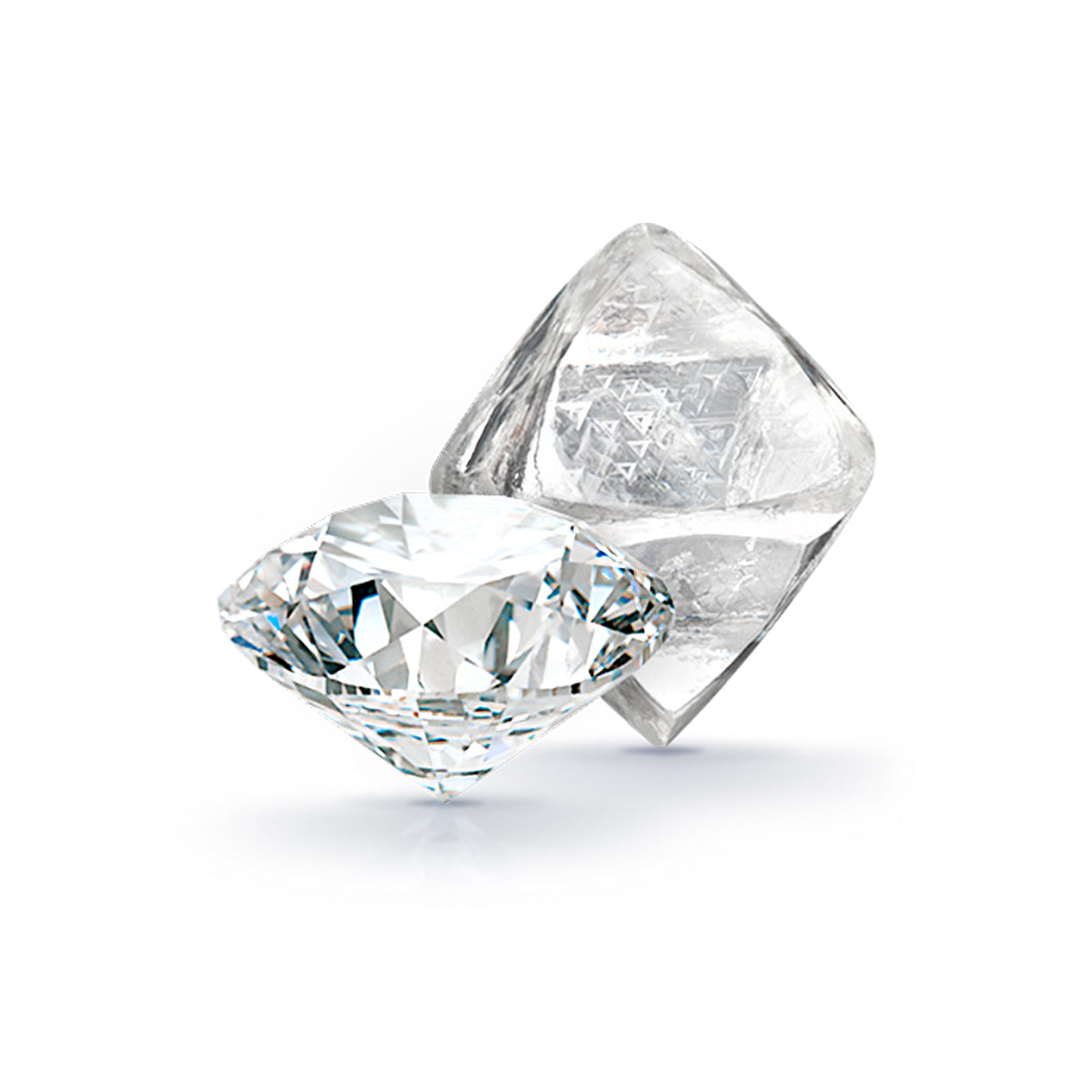
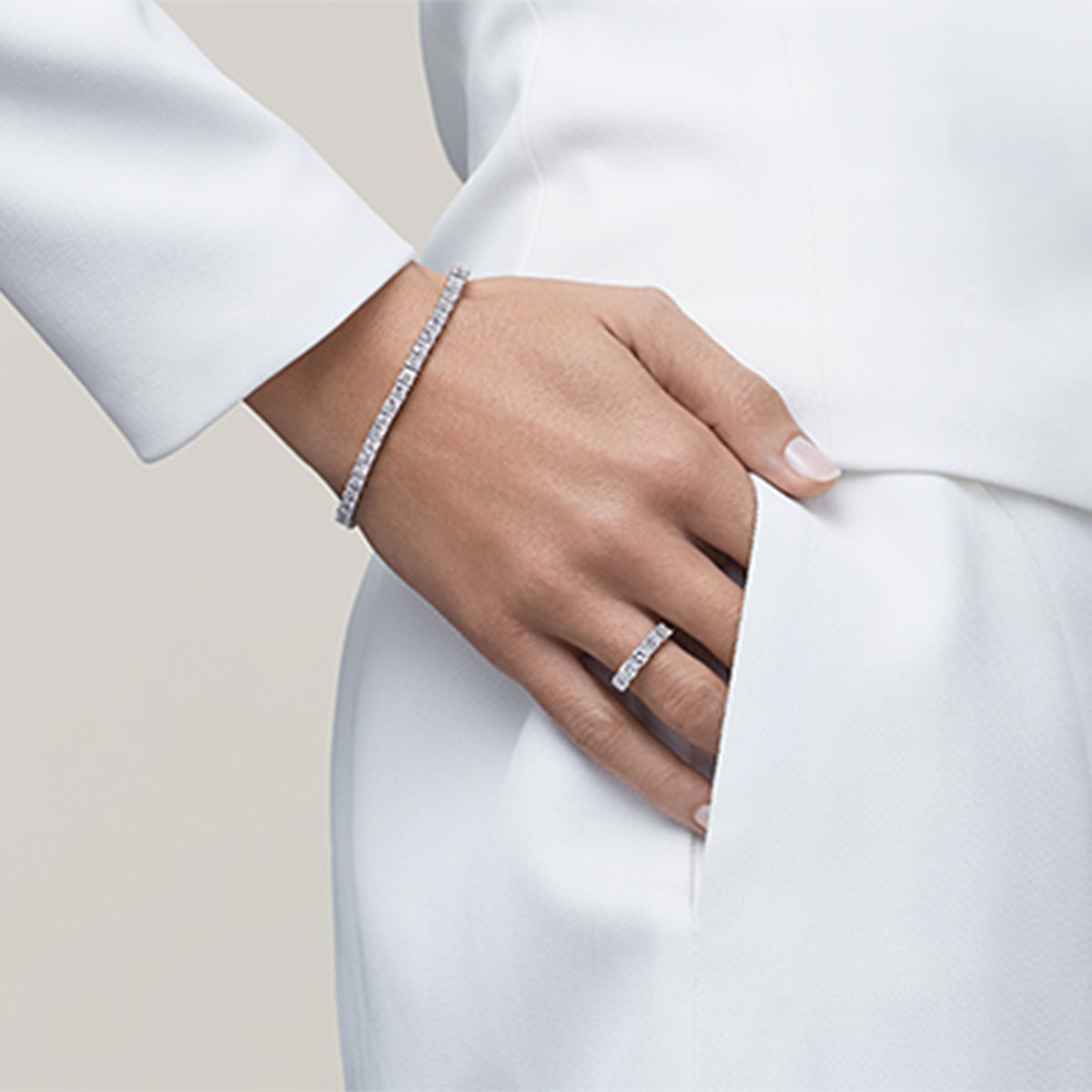
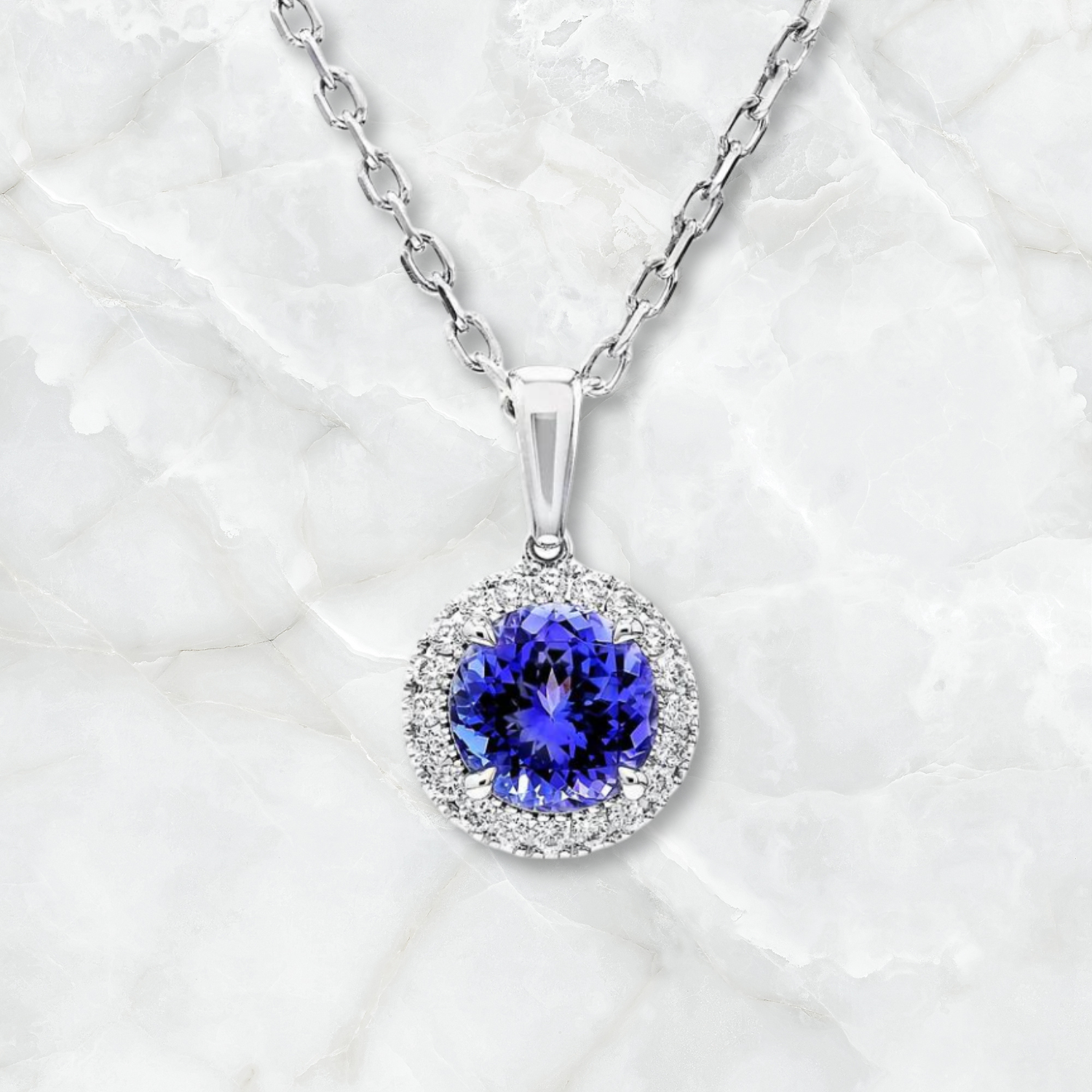
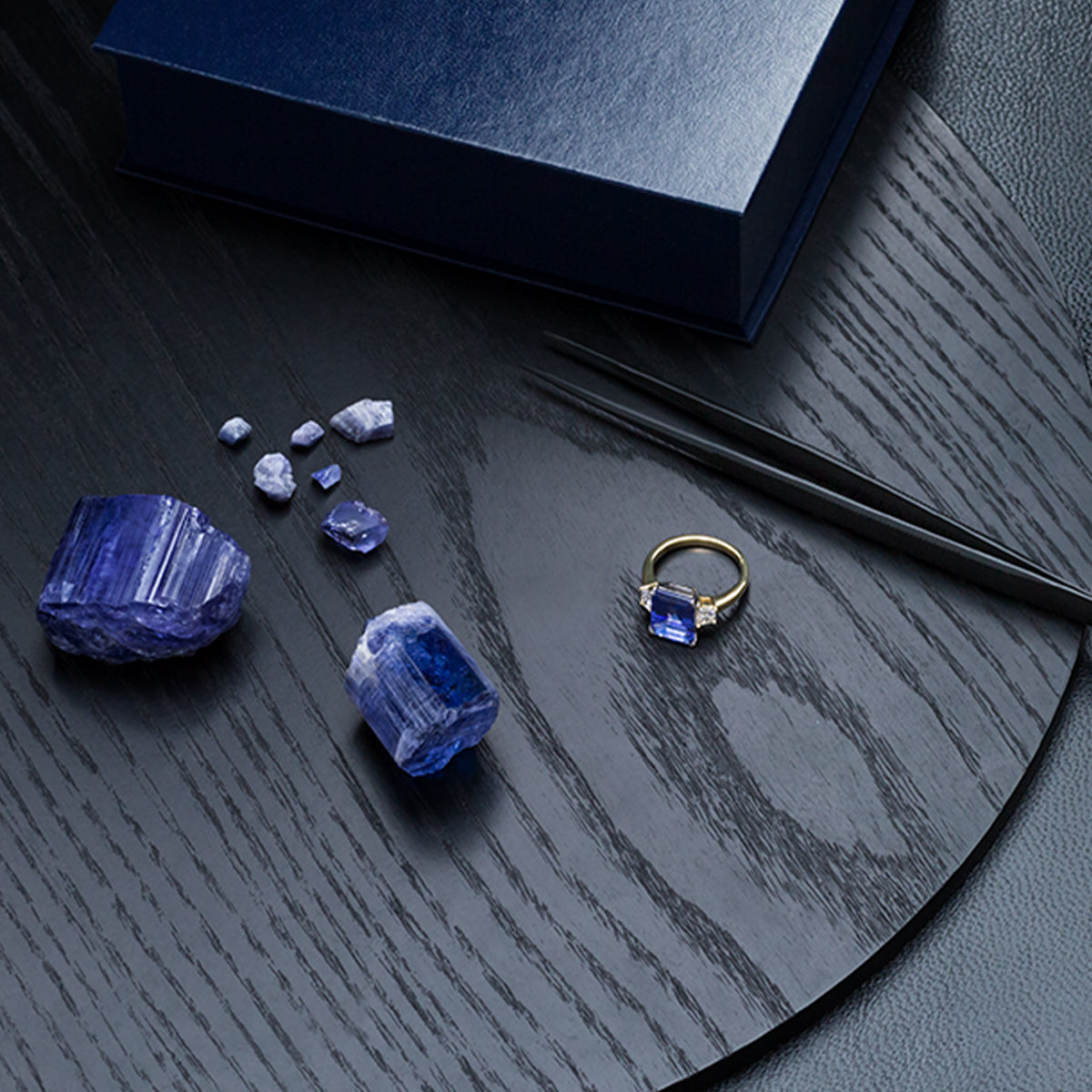
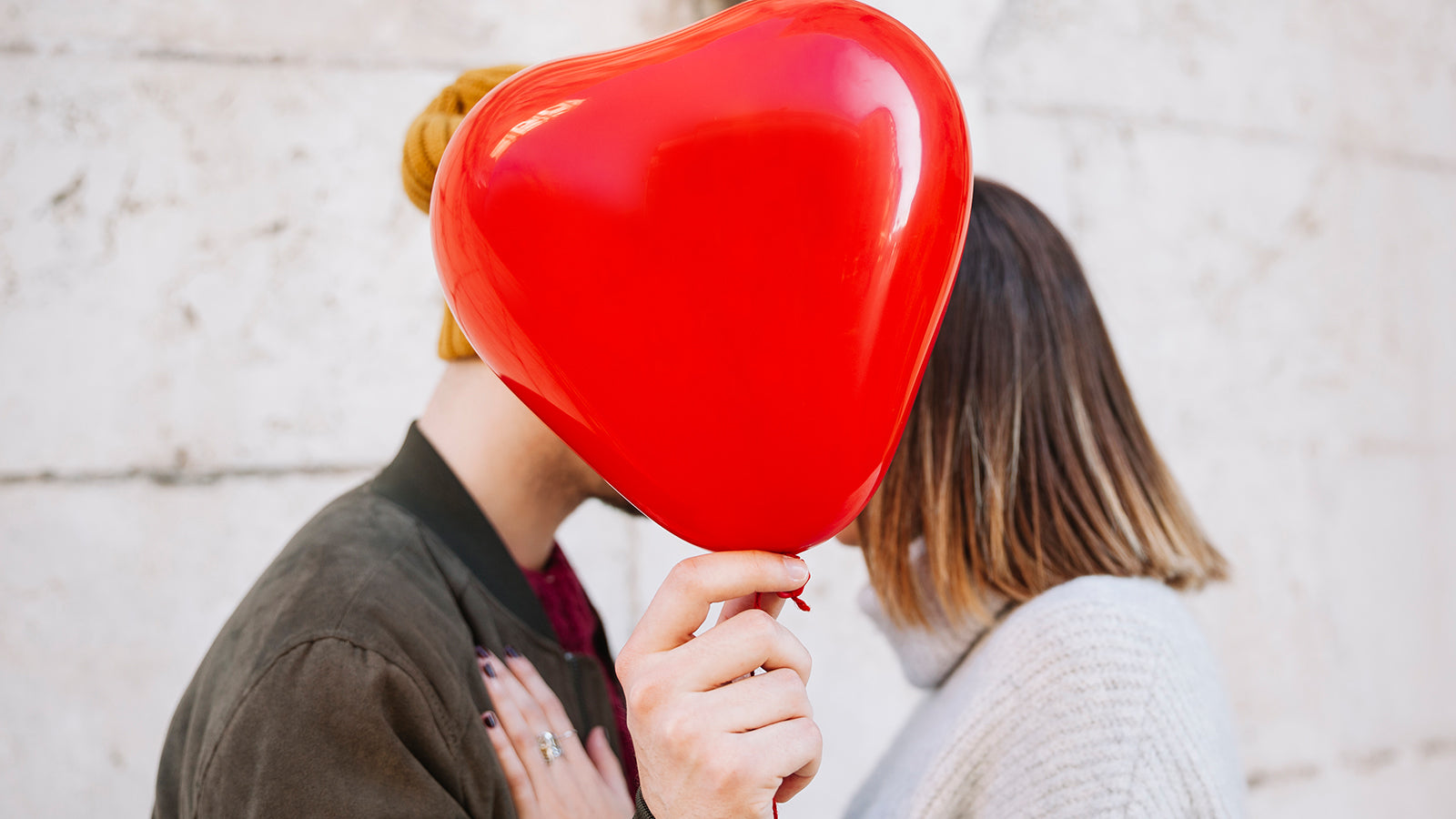

Leave a comment
This site is protected by reCAPTCHA and the Google Privacy Policy and Terms of Service apply.